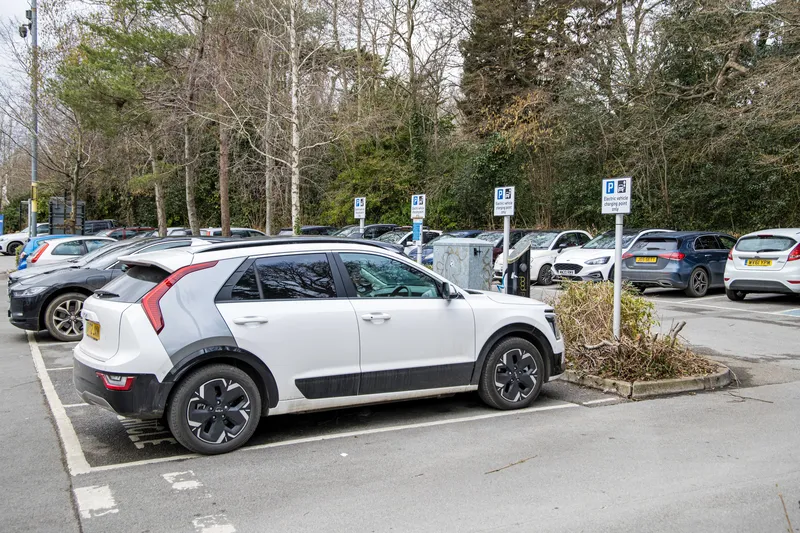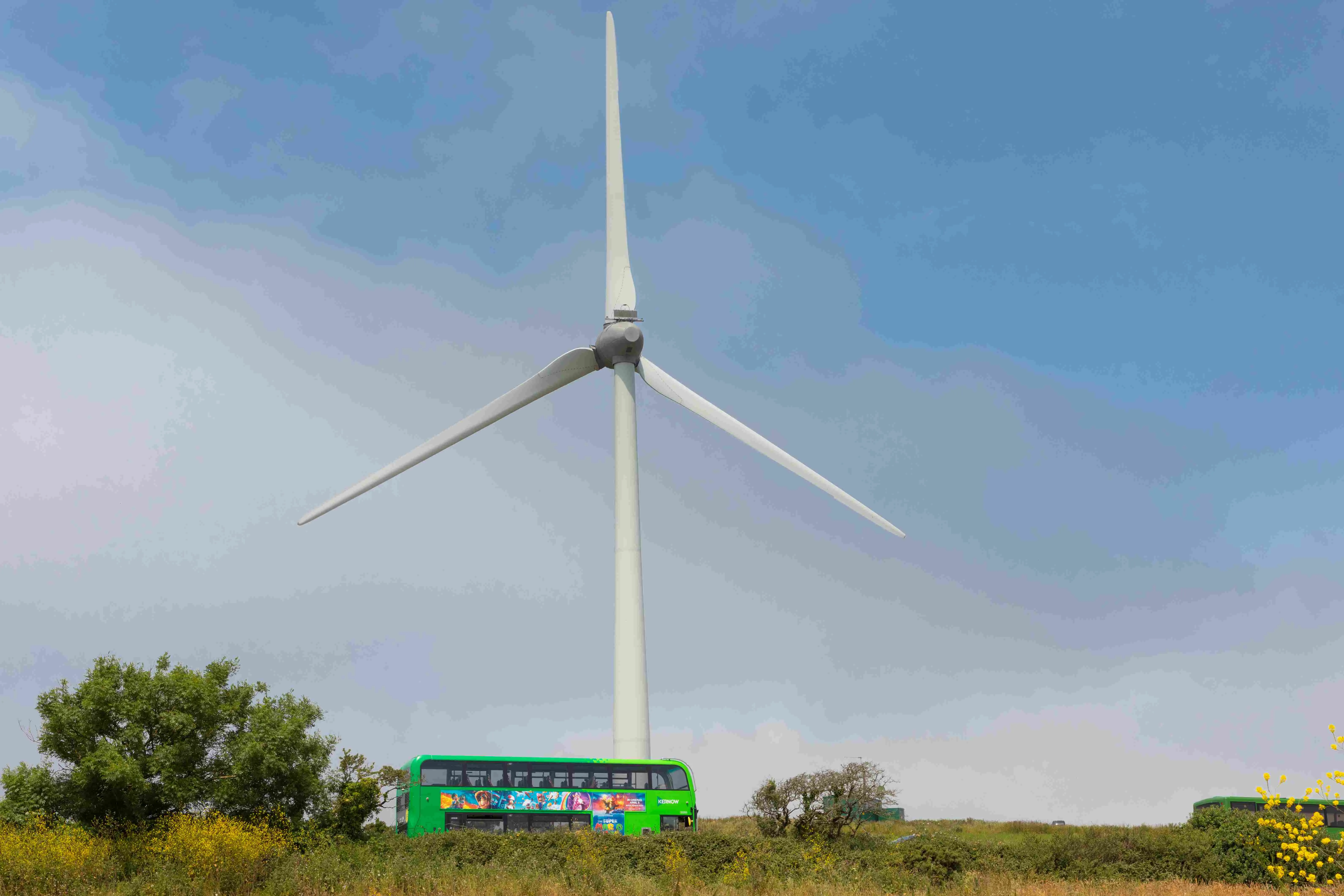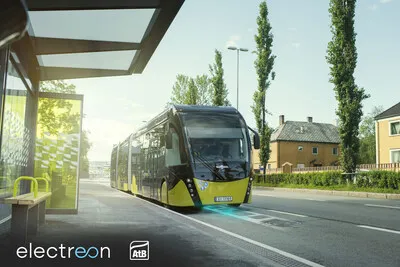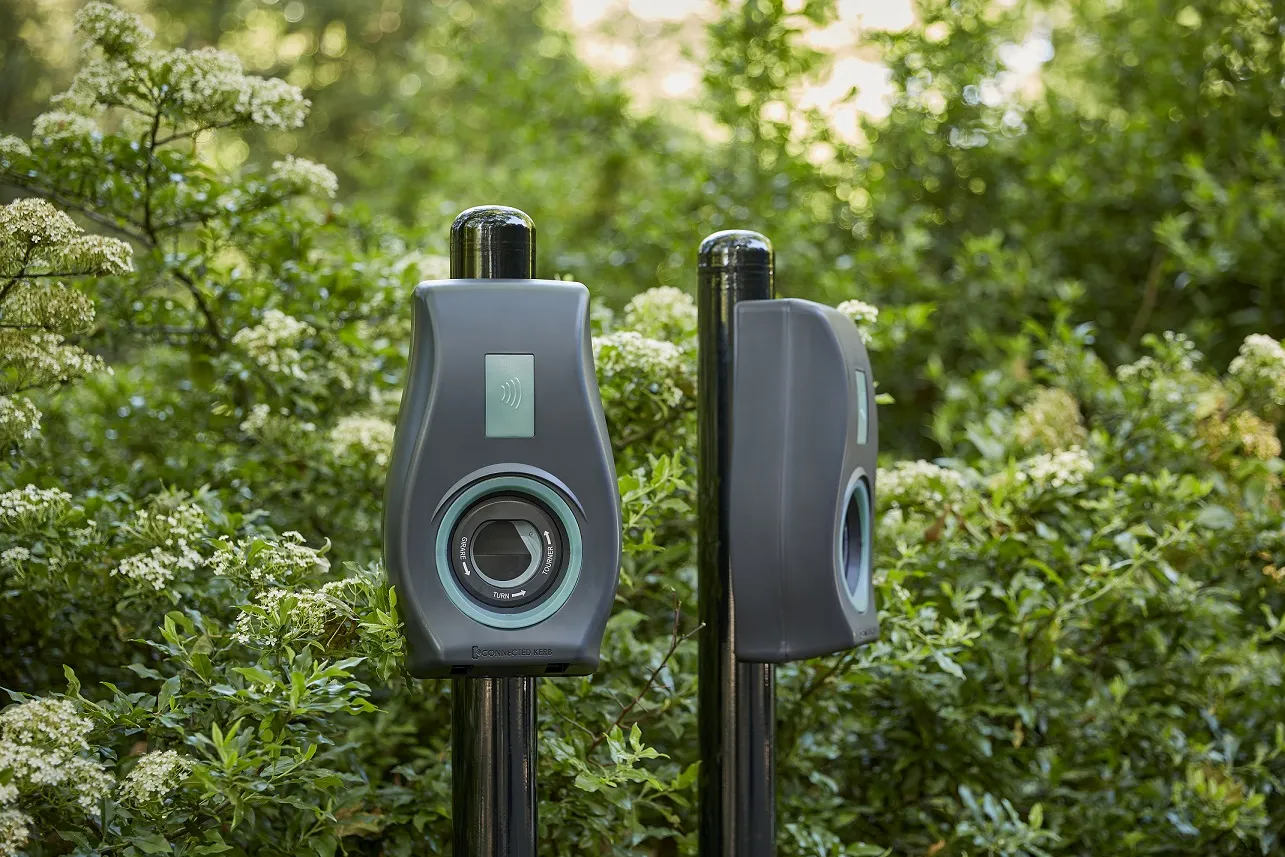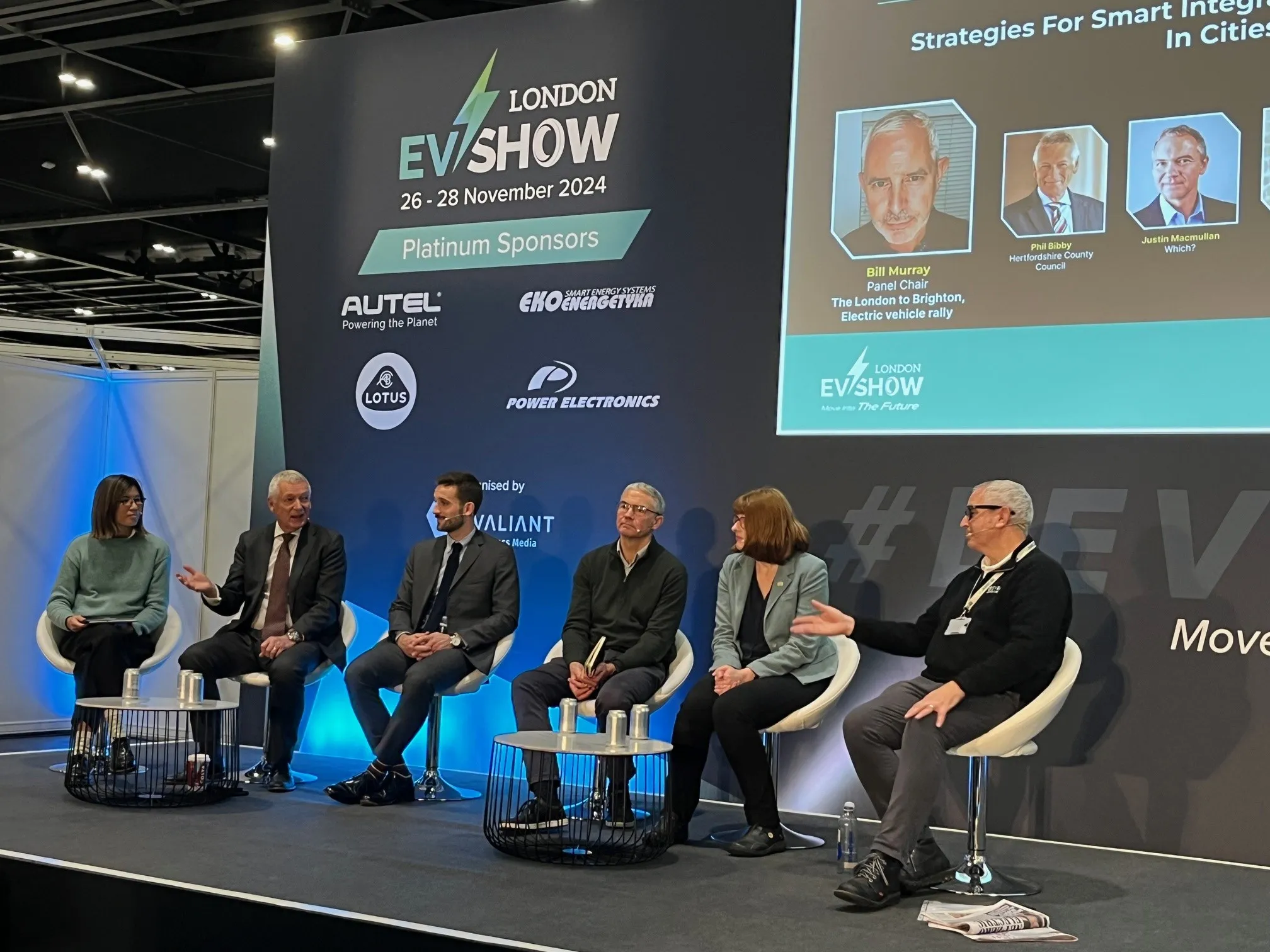
The main challenge with on-street charging is that of available space rather than technology, according to Phil Bibby, executive member for highways & transport at Hertfordshire County Council.
“On-street charging can work well in areas where neighbours get on well with each other, for example through the use of WhatsApps,” Bibby added.
Katherine Dunne, cabinet member for climate, environment & transport - London Borough of Hounslow, said: “We have been working on our EV charging infrastructure plan for the last three years and are now at the point where we are trying to roll out the infrastructure. It’s fair to say there have been difficulties and it has not been an easy ride.
“We do not have huge EV uptake in the borough currently, although numbers are growing which requires the provision of EV charge points for the future. We are an outer London borough so have a higher car dependency than inner boroughs. We want people to be driving cars that are cleaner and better for the environment.”
She added that Hounslow currently has around 400 charge points with an aspiration to have 2,000 by 2026. Dunne says that Hounslow is looking at rapid and on-street charging. “People et very fired up if there is a loss of street parking, so we have to balance that with having bays where you can only park there if you are charging an EV.”
Ada Lee, infrastructure and climate change specialist - Royal Town Planning Institute, said that a lot of local authorities have a local area plan which includes EV charging provision.
Justin Macmullan, principal policy advisor (consumer rights and sustainability) - Which? said the consumer publication has just started to provide ratings of EV charge point installers and if they have the right qualifications for the work they are carrying out.
“There is limited choice if you want to do on-street charging, so we need to raise the standards across the board,” said Macmullan. “People need to know that if they turn up at a charge point it will be working, and the cost of charging should be transparent.”
Lack of pricing transparency for EV charging is an issue in many areas of the European Union, according to Robin Loos, deputy head of energy, transport & sustainability and senior sustainable transport officer at European consumer organisation BEUC.
“Pricing of chargers really is a deal breaker,” Loos added. “If you have to rely on public charging you might not actually save much money.”
In terms of how on-street and rapid charging will progress in future, Loos said that in the EU 80% of people buy their first car second hand. In terms of how this will affect EVs he added: “These will be cars that have less charging capacity, so on-street charging needs solutions that are a bit more creative than what we have today.”
“Consistency and transparency is important,” Bibby concluded. “Until this is the case it will not be attractive to users.”
Bill Murray, founder of the London to Brighton Electric Vehicle Rally, said that the emergence of EV charging gulleys is a potentially important solution to the issue of people who do not have driveways and need to charge on-street. An EV charging gulley is a channel in the pavement that allows an EV owner to safely run a charging cable across the pavement and charge their vehicle from a wall-mounted charger at their home.
“I’m a huge fan of on street charging,” said Murray. “Even Deborah Meaden [of the Dragon’s Den TV show] has joined in the fight and we have a Dragon backing on-street charging. It is something that is going to be addressed with things like gulleys and how we do that.”

